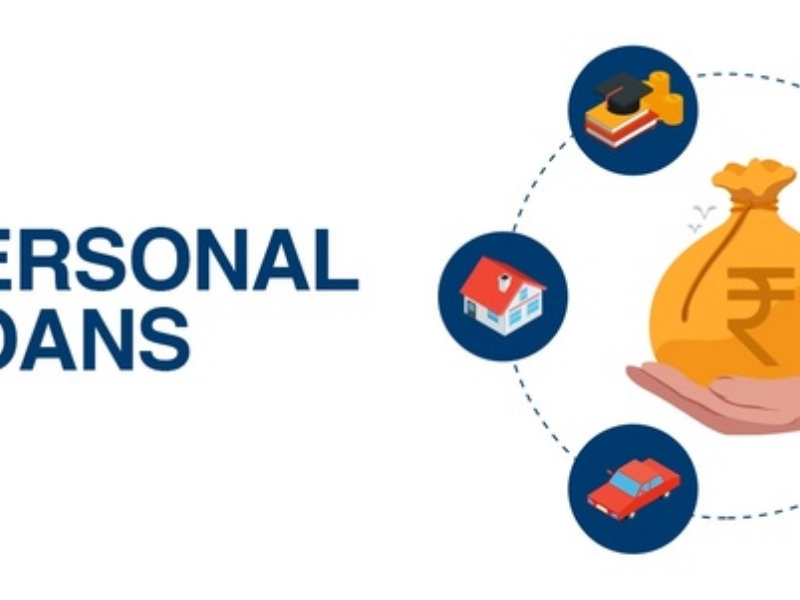Regulations Governing Payday Loans and Consumer Protection
In order to better protect payday loan borrowers, the Consumer Financial Protection Bureau (CFPB) created regulations in 2017. One of the requirements was for lenders to determine whether or not borrowers could afford a new loan when it was due. However, the Trump administration has been attempting to weaken such regulations with the help of CFPB head Kathleen Kraninger. A lot of states have set rate caps on high-cost credit, including payday loans, that are authorized by the state.
Rules

Rates of interest
 Payday loans have an average yearly interest rate of 391%. In order to pay off their initial debt, debtors typically wind up taking out several payday loans, which causes their repayment obligations to grow exponentially over time.
While some states restrict the number of payday loans that borrowers can take out each year and mandate that loans be repaid within two pay cycles, others cap rates and forbid renewals. Furthermore, certain payday and auto title loans provided to active duty service members and their eligible families are subject to an interest rate ceiling of 36% under the Military Lending Act.
State legislators have more power to safeguard borrowers than federal regulators, who have limited jurisdiction to control these loans. The Trump administration repealed the Consumer Financial Protection Bureau's (CFPB) 2017 regulations, which mandated that lenders determine whether a borrower can afford to repay a payday loan while still covering their basic living needs.
Payday loans have an average yearly interest rate of 391%. In order to pay off their initial debt, debtors typically wind up taking out several payday loans, which causes their repayment obligations to grow exponentially over time.
While some states restrict the number of payday loans that borrowers can take out each year and mandate that loans be repaid within two pay cycles, others cap rates and forbid renewals. Furthermore, certain payday and auto title loans provided to active duty service members and their eligible families are subject to an interest rate ceiling of 36% under the Military Lending Act.
State legislators have more power to safeguard borrowers than federal regulators, who have limited jurisdiction to control these loans. The Trump administration repealed the Consumer Financial Protection Bureau's (CFPB) 2017 regulations, which mandated that lenders determine whether a borrower can afford to repay a payday loan while still covering their basic living needs.
Charges
 Typically, payday lenders charge customers $15 for each $100 borrowed. This is equivalent to an almost 400% yearly percentage rate. Payday loans are frequently taken out during periods of financial hardship and are normally used to pay for regular costs. According to research, the majority of borrowers take out eleven or more payday loans each year.
Since payday loan laws are governed by state law, they might differ greatly. Payday loan costs are either fully outlawed or regulated in certain states. There are states with lower interest rates or with shorter maximum loan terms.
Regulations have been released by the Consumer Financial Protection Bureau (CFPB) to stop payday loan businesses from engaging in abusive practices. The regulations mandate that borrowers be given the option to terminate the loan before it is started and forbid lenders from making repeated attempts to take money out of their bank accounts. Before providing a payday loan, lenders are required under the CFPB's rule to confirm that the borrower can afford to pay back the loan and cover their basic living needs.
Typically, payday lenders charge customers $15 for each $100 borrowed. This is equivalent to an almost 400% yearly percentage rate. Payday loans are frequently taken out during periods of financial hardship and are normally used to pay for regular costs. According to research, the majority of borrowers take out eleven or more payday loans each year.
Since payday loan laws are governed by state law, they might differ greatly. Payday loan costs are either fully outlawed or regulated in certain states. There are states with lower interest rates or with shorter maximum loan terms.
Regulations have been released by the Consumer Financial Protection Bureau (CFPB) to stop payday loan businesses from engaging in abusive practices. The regulations mandate that borrowers be given the option to terminate the loan before it is started and forbid lenders from making repeated attempts to take money out of their bank accounts. Before providing a payday loan, lenders are required under the CFPB's rule to confirm that the borrower can afford to pay back the loan and cover their basic living needs.
Payback
 Numerous states have usury laws that cap interest rates in addition to the federal Truth in Lending Act. This is the reason it's crucial to review the regulations in your state before applying for a payday loan.
Effective state payday reform legislation restricts the amount of payday or small-dollar loans that can be taken out annually, mandates that all lenders provide loans that can be paid back in reasonable installments at fair rates, and incorporates additional consumer protections. 18
Over a century ago, when unlicensed "salary lenders" provided one-week cash advances with exorbitant fees and interest rates, payday loan-style credit first emerged. These lending practices targeted underprivileged groups and lacked proper regulation.
These high-interest, short-term loans were issued by payday loan businesses, to which a few national banks have recently leased their charters. These connections enabled payday lenders to take advantage of borrowers' financial weaknesses and levy exorbitant fees, as well as to promote dishonest marketing and data breaches. The new rule from the CFPB will outlaw these detrimental agreements and aid in consumer protection.
Numerous states have usury laws that cap interest rates in addition to the federal Truth in Lending Act. This is the reason it's crucial to review the regulations in your state before applying for a payday loan.
Effective state payday reform legislation restricts the amount of payday or small-dollar loans that can be taken out annually, mandates that all lenders provide loans that can be paid back in reasonable installments at fair rates, and incorporates additional consumer protections. 18
Over a century ago, when unlicensed "salary lenders" provided one-week cash advances with exorbitant fees and interest rates, payday loan-style credit first emerged. These lending practices targeted underprivileged groups and lacked proper regulation.
These high-interest, short-term loans were issued by payday loan businesses, to which a few national banks have recently leased their charters. These connections enabled payday lenders to take advantage of borrowers' financial weaknesses and levy exorbitant fees, as well as to promote dishonest marketing and data breaches. The new rule from the CFPB will outlaw these detrimental agreements and aid in consumer protection.









